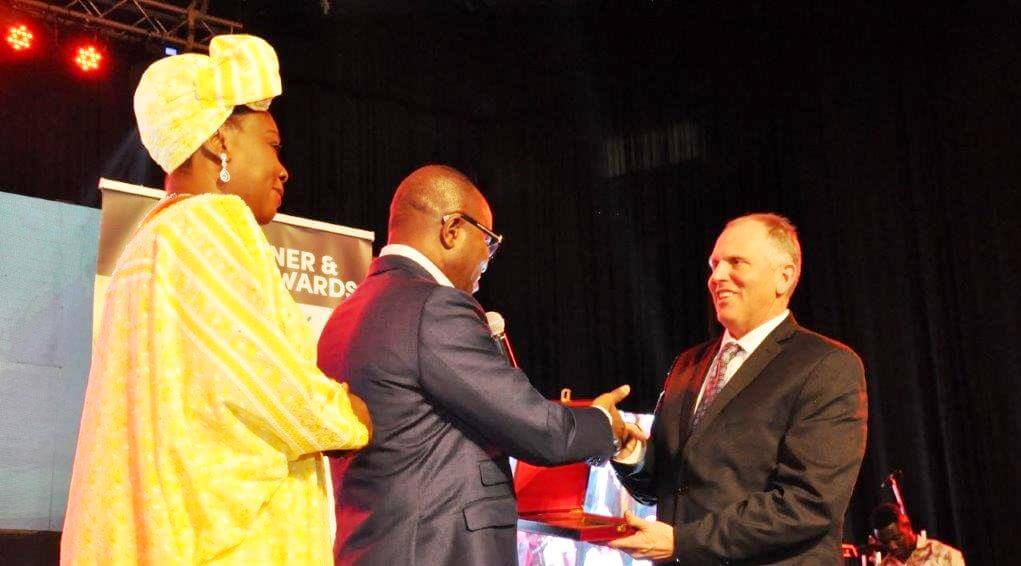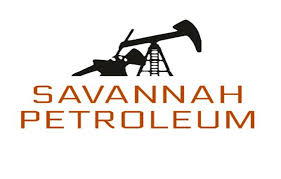To ease up marketers’ credit portfolio burden, especially as it relates to the issue of pricing of Petroleum Motor Spirit (PMS), the Chairman of Conoil Plc, Dr Mike Adenuga Jr, is now leading a fresh call on the federal government for immediate review of the current policy framework for the downstream petroleum segment.
In his submission, he averred that full deregulation of the sector would help to stabilise the fuel market, boost interest in local refining and reduce negative tolls on investment efforts in the segment.
He was quick to describe the current scenario as a disincentive to private investment in the downstream sector, especially in fuel importation.
Explaining more in the company’s 2017 annual report and accounts, the telecoms mogul averred that “While we note the Federal Government’s untiring efforts to resolve the bottlenecks hanging on the otherwise, vibrant downstream sector, it is pertinent to reiterate that deregulation remains very key to solving the problems bedevilling the sector, and ensuring rapid growth.”
Looking at the same issue, the Chairman of Total Nigeria Plc, Stanislas Mittelman, was of the opinion that “it was difficult for marketers to import Premium Motor Spirit last year as the landing cost was higher than pump price”.
“The capacity of oil traders to import products was greatly diminished. In most of 2017, the Nigerian National Petroleum Corporation assumed the role of sole importer of the PMS. This led to supply challenges and of course PMS shortages.
“Notwithstanding pump price remained N145 per litre throughout 2017. Since June 2016, it has not been possible to directly buy dollars from the upstream sector and this has made doing business difficult for us as we have challenges procuring dollars for the importation of the AGO and ATK.
Business Hilights recalls that the Chairman of 11 Plc (formerly Mobil Oil Nigeria Plc), Ramesh Kansagra, had at the company’s 40th Annual General Meeting in Lagos, stressed that “We are all expecting the government to deregulate. But instead of deregulating, not only have they continued to regulate, they set the price at which we can sell some of our key products and what we can buy them.
“Government has not largely encouraged private enterprise to thrive in this industry; private enterprises have very little money to make in the sale of oil products,” Kansagra disclosed.
Speaking in same vein, the company’s Managing Director, Adetunji Oyebanji, said the company would prefer a deregulated environment because that would augur well for competition, innovation, efficiencies and investments in the industry.
He argued that “When this is not the case, investments are stifled, and that is why we will prefer a deregulated environment.
“Ultimately, government will be the one to decide the state of the industry and this will be with regard to political considerations but as an economic entity, we at 11Plc will prefer a deregulated environment where business can thrive,” Oyebanji stressed.
However, government had been very careful in going full-blown in downstream deregulation especially as it concerns the PMS considering the place of the product in the life of ordinary Nigerians.
Besides, industry analysts say even if the government will review the downstream policy framework, it may not consider that within an election year like now to limit chances of citizens hatred on the ruling party and national government.









